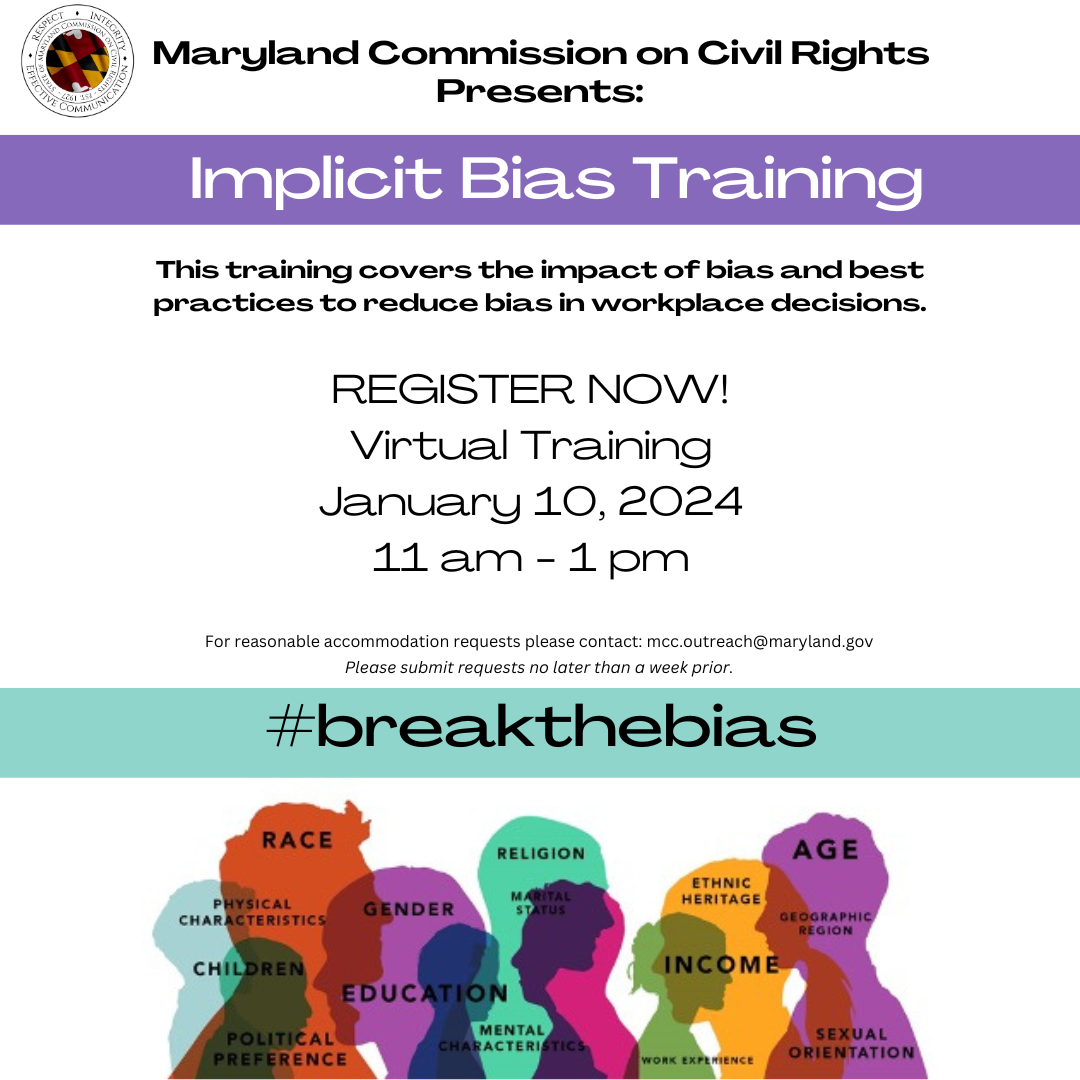The noxious hate crime of antisemitism has surfaced yet again in Baltimore. Two signs at the front of the Baltimore Hebrew Congregation on Park Heights Avenue in Pikesville were destroyed by being slashed multiple times on December 24th. The signs were replacements for the original ones that were vandalized on December 10th. The Baltimore Hebrew Congregation has displayed the two signs – "We Stand with the People of Israel" and "Bring the Hostages Home" at the corner of Park Heights and Slade avenues for just over two months.
"I am simultaneously deeply disturbed and not surprised at all," Rabbi Andrew Busch said. "Deeply disturbed that someone would impinge on our right to speak our mind. Deeply disturbed that anyone would object to a statement of bringing hostages home. Deeply disturbed that the property of a synagogue would be vandalized."
Congregation leaders said another nearby religious institution reported an Israeli flag was slashed Thursday. "Suburban Orthodox congregation right behind us had an Israeli flag that was also slashed with a knife or some kind of sharp object," Busch said. He also commented that they are not letting hate stop them from expressing their beliefs.
The congregation plans to launch a campaign to encourage people to report antisemitism. "We have new signs. They're going to be going up in schools and synagogues and across the community, telling (people) to go to our websites to report when acts occur to stand against hate," Busch said.
A camera was installed at the site after the first vandalism case, and Congregation leaders hope it captured the person or people who are responsible.
BHC filed a police report about the incident. Busch noted that the police responded quickly, as they did when the signs were vandalized the first time. According to Howard Libit, executive director of the Baltimore Jewish Council, Baltimore County Police have said that they are going to increase patrols around the area and review camera footage, especially from neighbors in the community who may have captured something about this crime. “It is gratifying to know how seriously Baltimore County Police are taking this,” Libit said.
BHC plans on replacing the signs again.
If you know anything about what happened, call Baltimore County Police at 410-307-2020.
*****
Read the December 29, 2023 WBALTV story.
Above photo of sign taken from cited WBALTV article.
Read the December 29, 2023 Baltimore Jewish Times article.
Baltimore City police said they are investigating.









